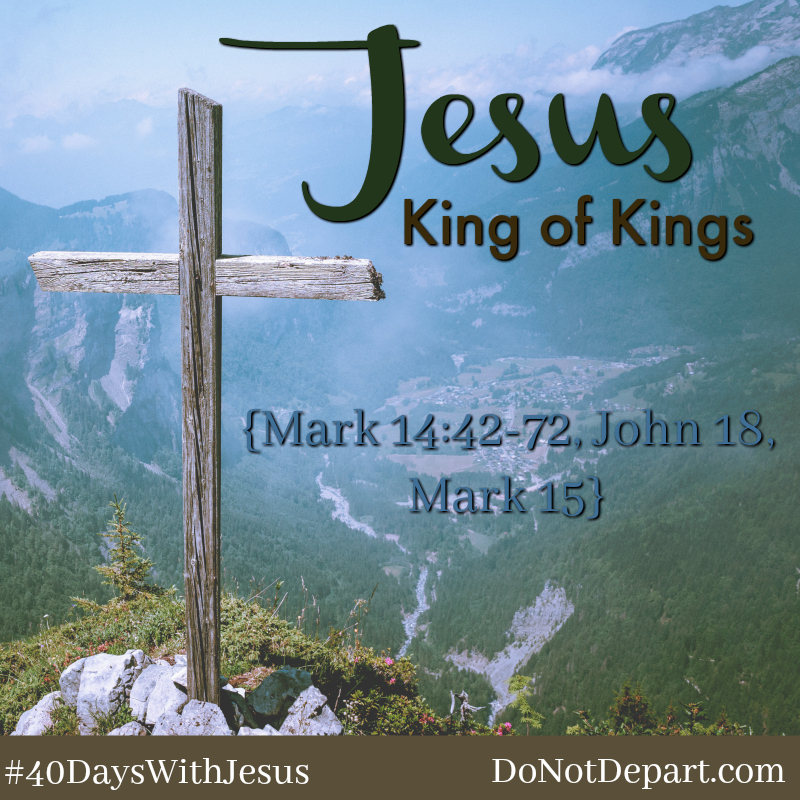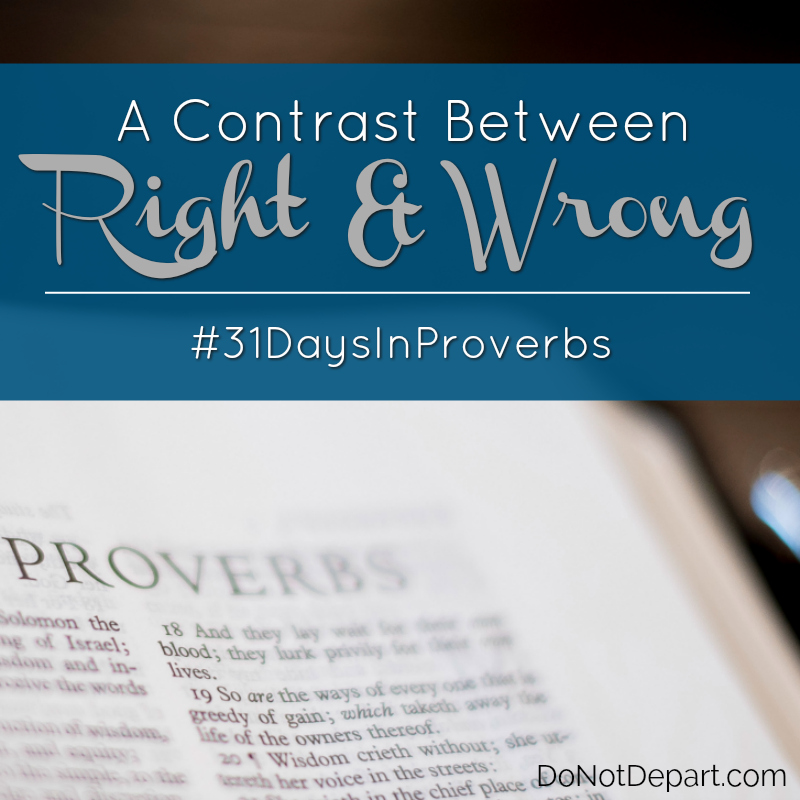If you are new to the Bible, studying it can be a bit intimidating. But there are many useful tools out there today to help and guide your studies. This month we are doing a series called “Leading Effectively.” If you are in Christian ministry, today’s post contains some helpful tools to help you more effectively study God’s Word as well as lead others to do the same.

Commentaries
One of the best ways to grow and learn in your understanding, especially when it comes to difficult passages, is to read Bible commentaries. It’s a good idea to also read more than one as scholars tend to highlight and discuss different aspects of each passage. And best of all, many commentaries can now be found online. (My favorite links can be found below!)
Concordance
I am not sure what I would do without this particular Bible study tool. I grew up attending a private Christian school, and I very clearly remember the days of looking up words in my large Strong’s Concordance (which I still do from time to time) to complete study projects for my Bible classes. Now, however, I can search any word or phrase with the click of a button!
Multiple Translations
This is one Bible study method that often gets forgotten. Yes, I know what it’s like to have a favorite translation of the Bible. (And there is nothing wrong with that!) But it’s very important that we also reference other translations from time to time. While the Bible is the perfect Word of God, there is no such thing as a “perfect” translation. How do I know this? Well, for one thing, we have around 50 different English translations of the Bible. (And depending on your definition of translation, some say this number is much higher!)
With this many translations, how do we know which one is the most accurate? The truth is… we don’t. Some place more emphasis on the author’s original meaning, while others focus on exact word-for-word translation. And still, others strive for readability, both for adults as well as children. This is why it is so important for us to study from different translations. When we read these varying translations side-by-side, we get a much more accurate picture of what the writer truly meant to say.
Greek/Hebrew Lexicons
With all of this talk of translations, looking up words in their original language is certainly one of the best ways to understand the author’s original meaning. It used to be that you had to thoroughly know Greek or Hebrew to study the Bible in its original language. But with the tools we have today at our fingertips, we can study the Bible in a whole new way.
Bible Study Websites
Here are some of my favorite Bible study websites:
All of these sites contain many of the useful tools mentioned in this post and more. You will find Bible dictionaries, lexicons, maps, concordances, devotionals, commentaries, and many varying translations.
Knowing how to study the Bible is one of the most essential aspects of leading effectively. After all, you can’t lead others in studying God’s Word if you aren’t in the Word yourself. These tools will allow you to thoroughly study whatever you might be teaching and will give you new insight to share.
This Book of the Law shall not depart from your mouth, but you shall meditate on it day and night, so that you may be careful to do according to all that is written in it. For then you will make your way prosperous, and then you will have good success. – Joshua 1:8 (ESV)
Do you have a favorite Bible study tool? Please share in the comments below!










